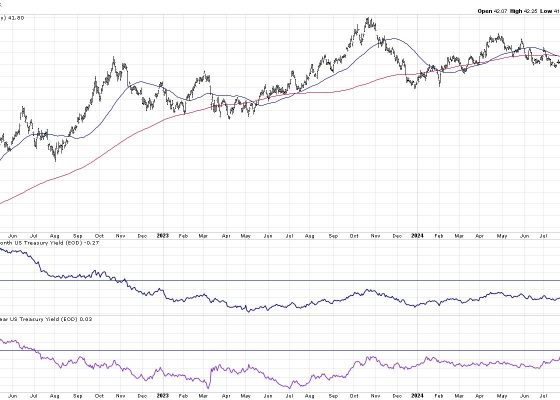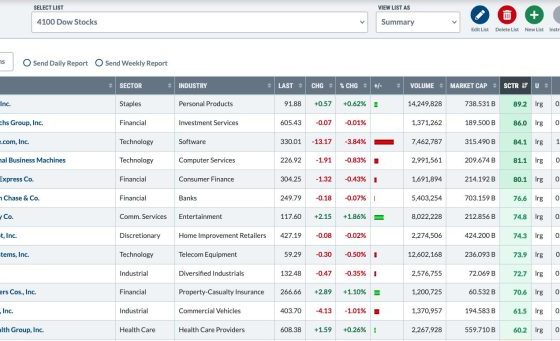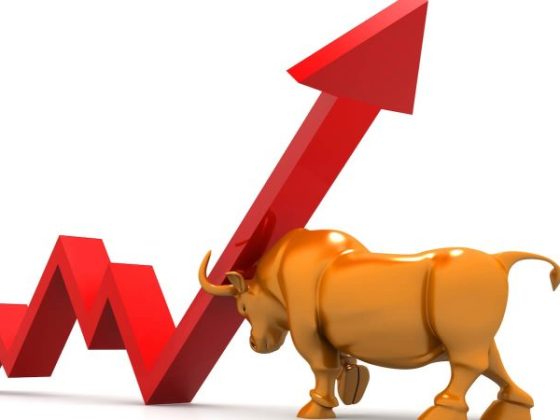As major indexes like the S&P 500 test overbought conditions, small caps may be the key to making profits from the stock market. Small caps are companies with market capitalizations (defined as total share value) of less than $2 billion.
Small caps have some distinct advantages for investors in current conditions. First, they are less likely to be the target of global macroeconomic forces, since they have fewer investors than their larger counterparts. This allows small caps to be more insulated from global macroeconomic upheaval, giving them an advantage over the general market performance.
Second, small caps are more nimble than larger counterparts. They can pivot more quickly and take advantage of more opportunities as they present themselves. This can be invaluable in a volatile market and provide investors with the ability to seize opportunities more easily.
Third, small caps also have a tendency to capture gains from major markets much more quickly than larger stocks. This means that investors looking for faster returns may do well to look at the small cap market, as the potential for quick gains is high.
Finally, small caps have historically been known to generate much higher returns than their larger counterparts. Studies have found that small caps have outperformed large caps in both bull and bear markets. This gives investors the opportunity to benefit from both market cycles.
Overall, small caps are an intriguing area for investors to look at when markets are testing overbought conditions. The fact that they are insulated from macroeconomic forces, more nimble, quicker to gain, and offer higher returns are all reasons to consider small cap investments in this period.











